Let’s face it: the daily rigors of modern life can definitely leave any of us smelling more funky than fresh. People have been stanky forever, but just 100 short years ago virtually nobody was even concerned with body odor. It wasn’t until the 1920s that BO became enough of a taboo for people to actually start spending money on it. Much like mouthwash and deodorant, antiperspirant sales really took off when clever marketers decided to capitalize on people’s social insecurities. They framed body odor as being a silent problem that nobody would tell you about directly, but was offensive enough to cause them to shun you.
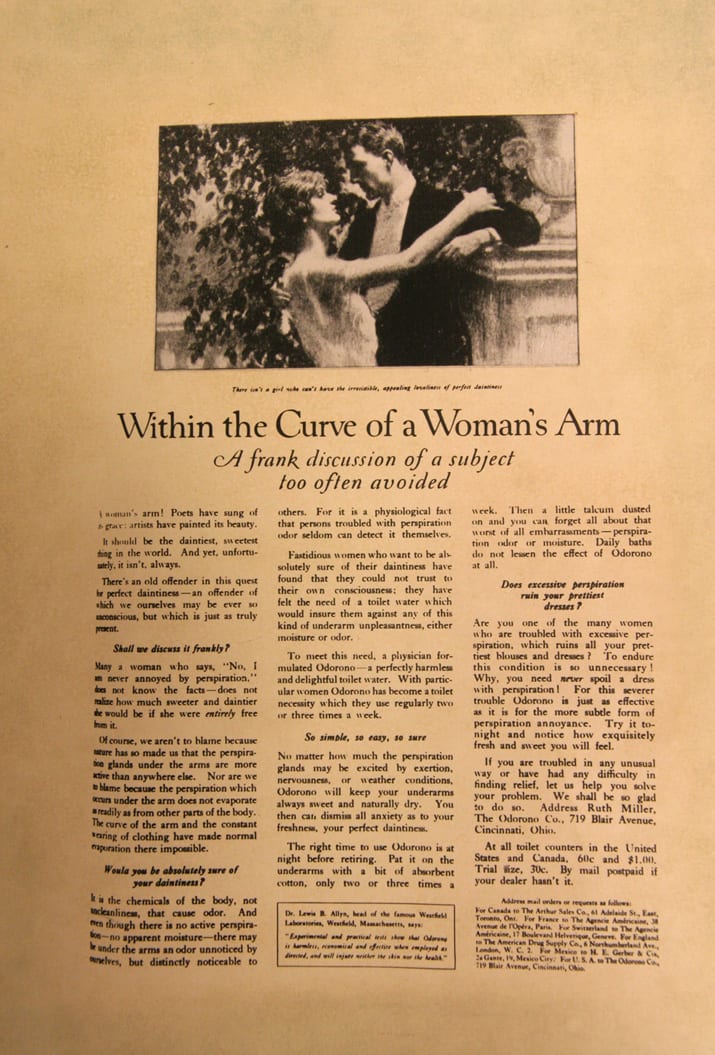
Photo Credit: Wikimedia Commons
Naturally, this kind of fear campaign was initially aimed at young women, who might never keep a man and get married if their funky pits kept scaring away potential suitors. Marketers also went after the men. With more and more of the labor force now cramped up in office buildings, advertisements introduced the idea that odor might stop a man’s career advancement and, lo and behold… deodorants and antiperspirants became a multi-billion dollar industry. You’d be hard-pressed to find someone who doesn’t use them, but just about everyone who does is missing a very important detail.
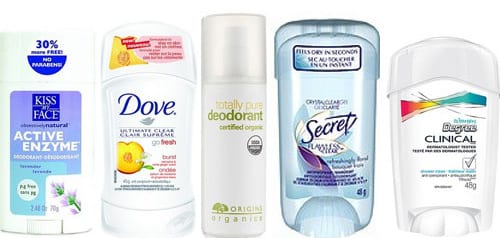
Photo Credit: sifowa15
It’s important to note that there’s a huge difference between antiperspirant and deodorant.
Deodorant is used to mask or neutralize body odor with its own fresh scent, while also using things like alcohol to stifle the growth of odor-causing bacteria. Antiperspirant, on the other hand, is used to stop yourself from sweating in the first place. Antiperspirants contain chemical ingredients that actually block or reduce activity in your sweat glands. Most antiperspirants are also deodorants – but not the other way around.
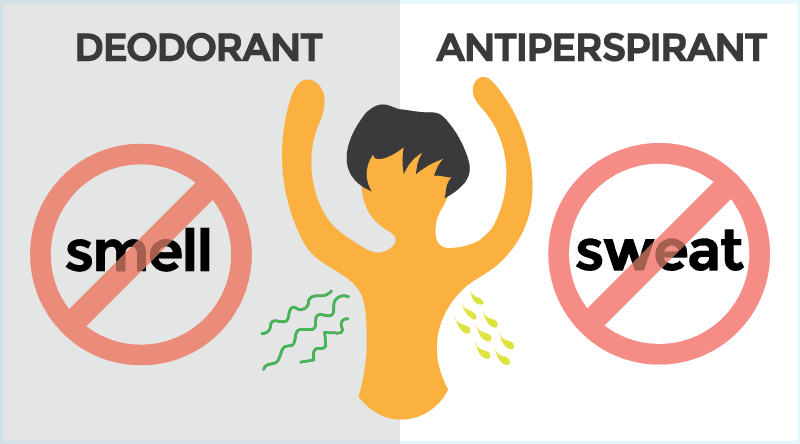
Photo Credit: SweatBlock
But the most interesting fact about antiperspirants is…
Most of us have been using them incorrectly our entire lives.
Chances are, you wake up every day, shower/brush your teeth, put on some deodorant while getting dressed, and assume you’ve done all you can to stifle your BO. Cut to a few hours later, however, and you find yourself sweating it up anyway. Maybe you apply more deodorant, or you maybe you eventually up your game to “Clinical Strength.” But more likely than not, it won’t. You’ll still feel that old, familiar dampness slowly-yet-surely seeping its way through your brand new shirt.
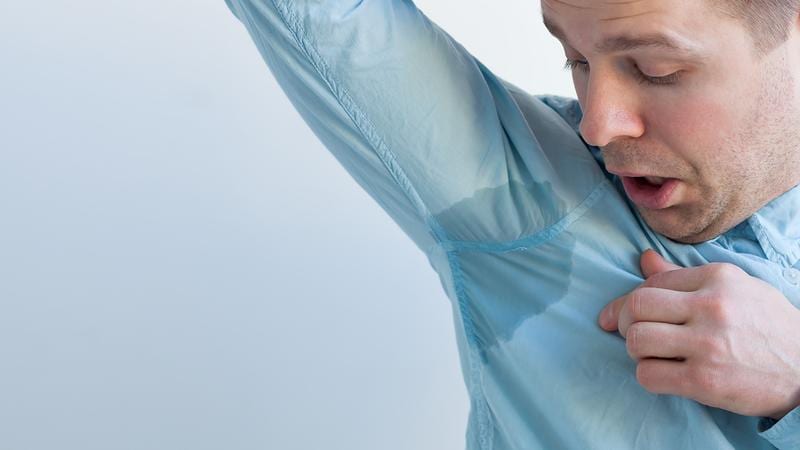
Photo Credit: Curiosity
But this doesn’t always happen because you’re just destined to be a gross sweaty monster (well, hopefully) or because deodorant companies are sitting on a throne of lies. No, the problem is… antiperspirant is meant to be applied before you go to bed!

Photo Credit: KnowYourMeme
Yeah, I know. I couldn’t believe it either.
It didn’t make any sense at first, why would I put on deodorant just to go to sleep? There are actually a couple of reasons. First of all, you should have been doing this all along, because that’s exactly what most labels tell you to do. It’s right there in black and white.
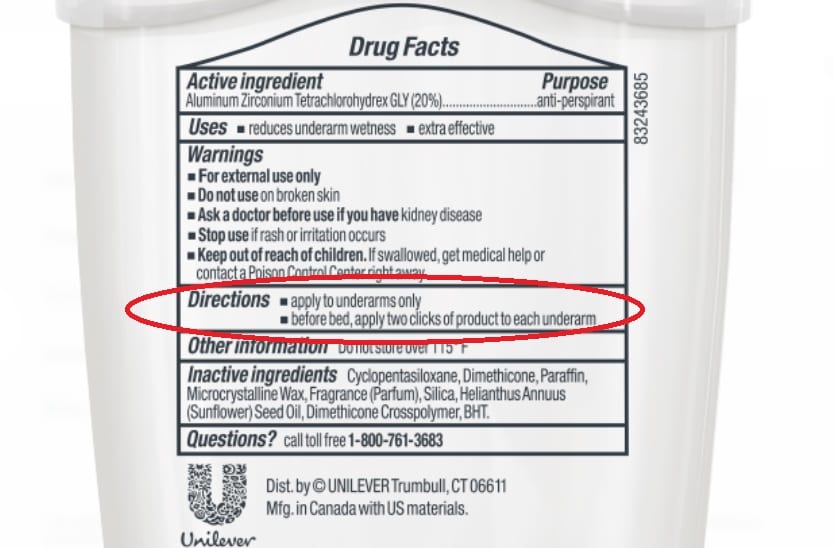
Photo Credit: Dove
Second, the active ingredients in antiperspirant that stop you from sweating need a few hours to actually absorb into your skin and start plugging up your sweat glands. Your body is always sweating to some degree, but at night it produces an amount that’s “just right” when it comes to antiperspirant absorption – so, by the time you wake up in the morning, it’s ready to keep your sweat glands blocked all day. You don’t have to worry about washing it off in the shower either, because it’s already all up in your glands, remember?

Photo Credit: VWVortex.com
Well, guess what? Our editor tried it out for herself… AND IT REALLY WORKS.
“I put it on at night right before bed, showered the next day, put a light dusting of baby powder under my arms to feel fresh, and by 10pm I was shoving my friends’ noses directly into my armpits to prove how well it actually worked.”
Try it out for yourself and you’ll see the difference. It’s also better for your clothes, too, because there’s less residue left behind to stain the insides of your favorite tees.






